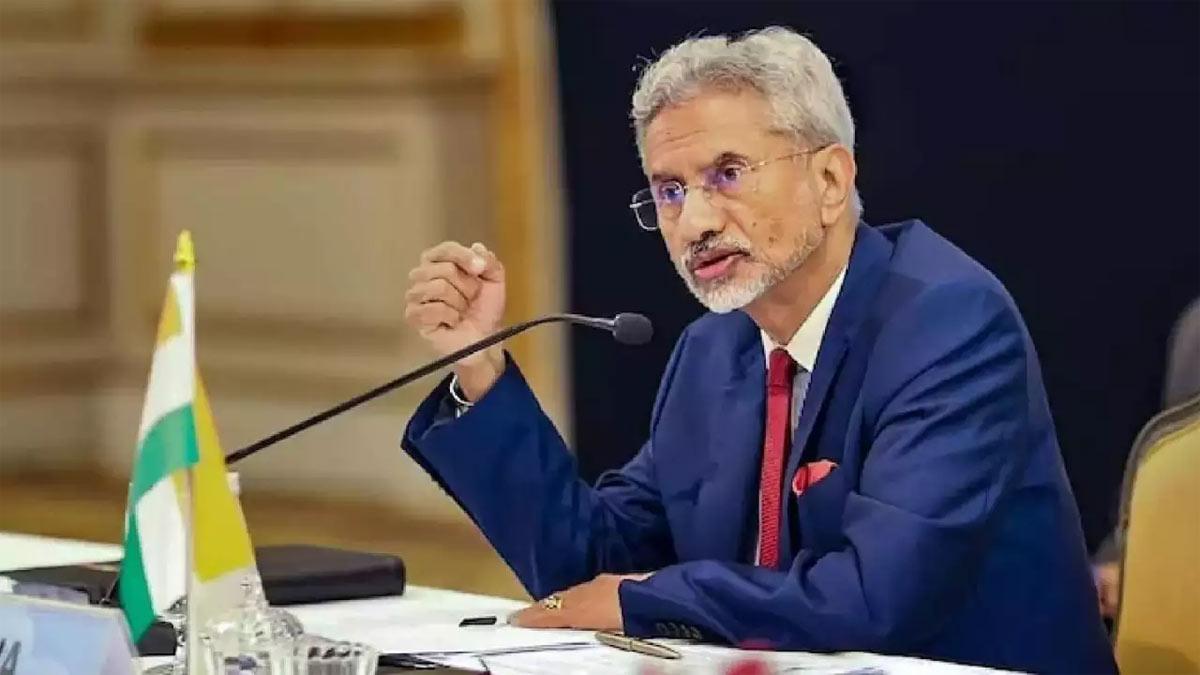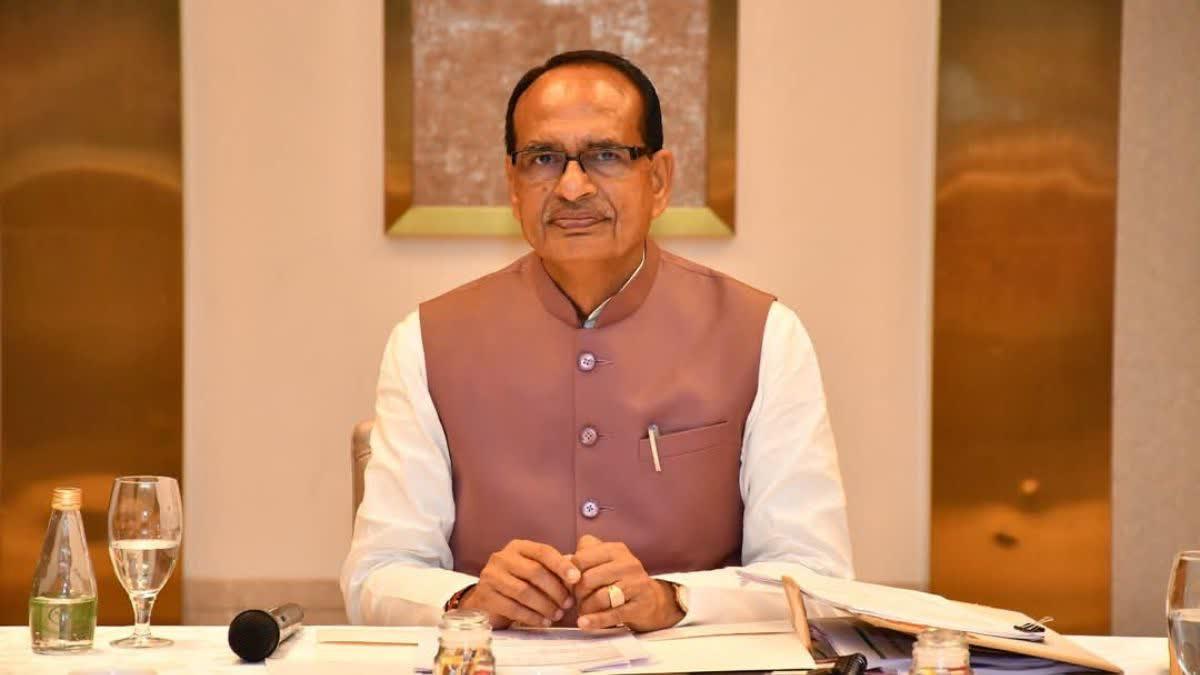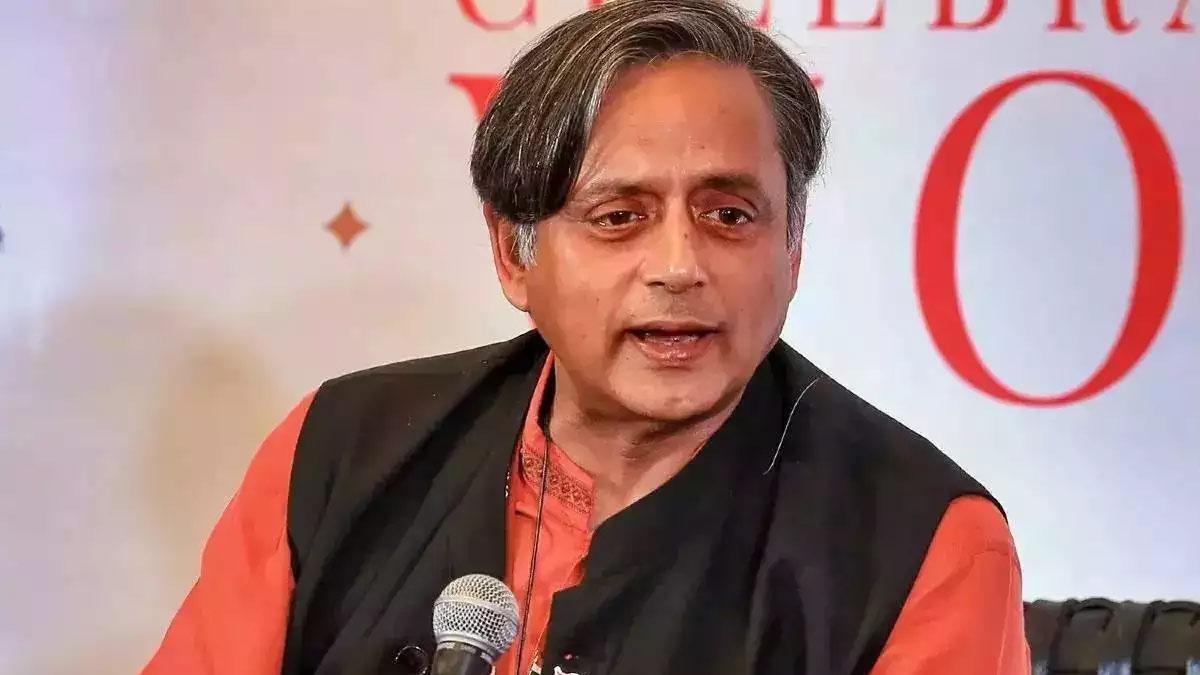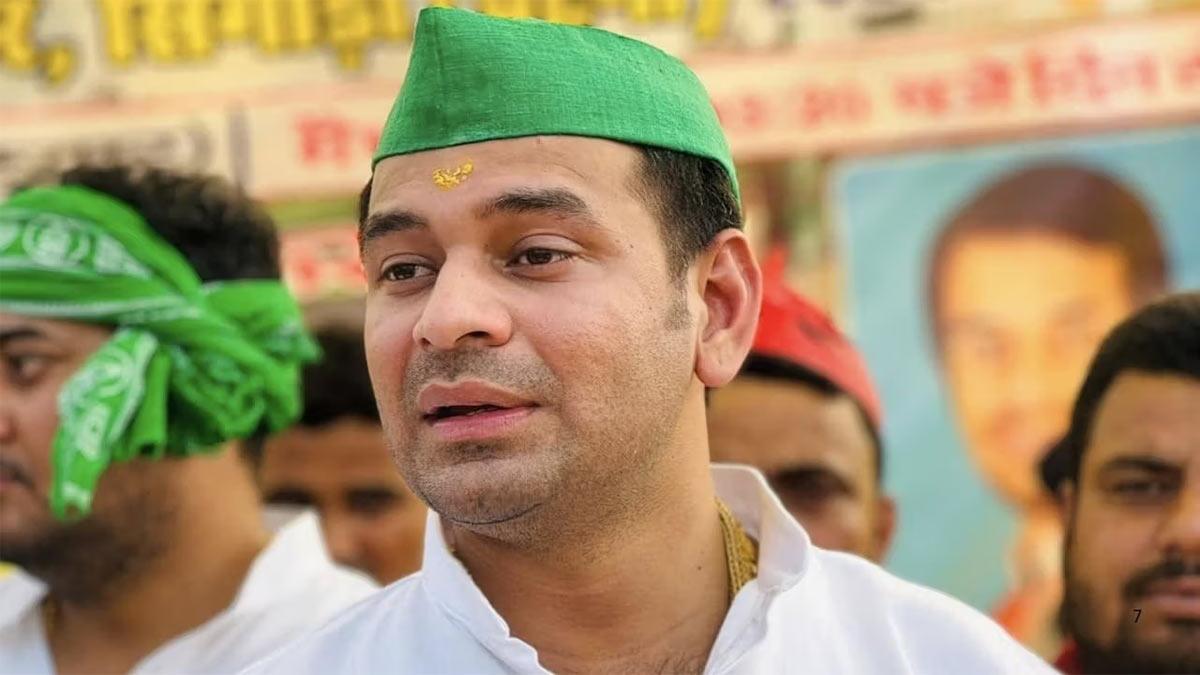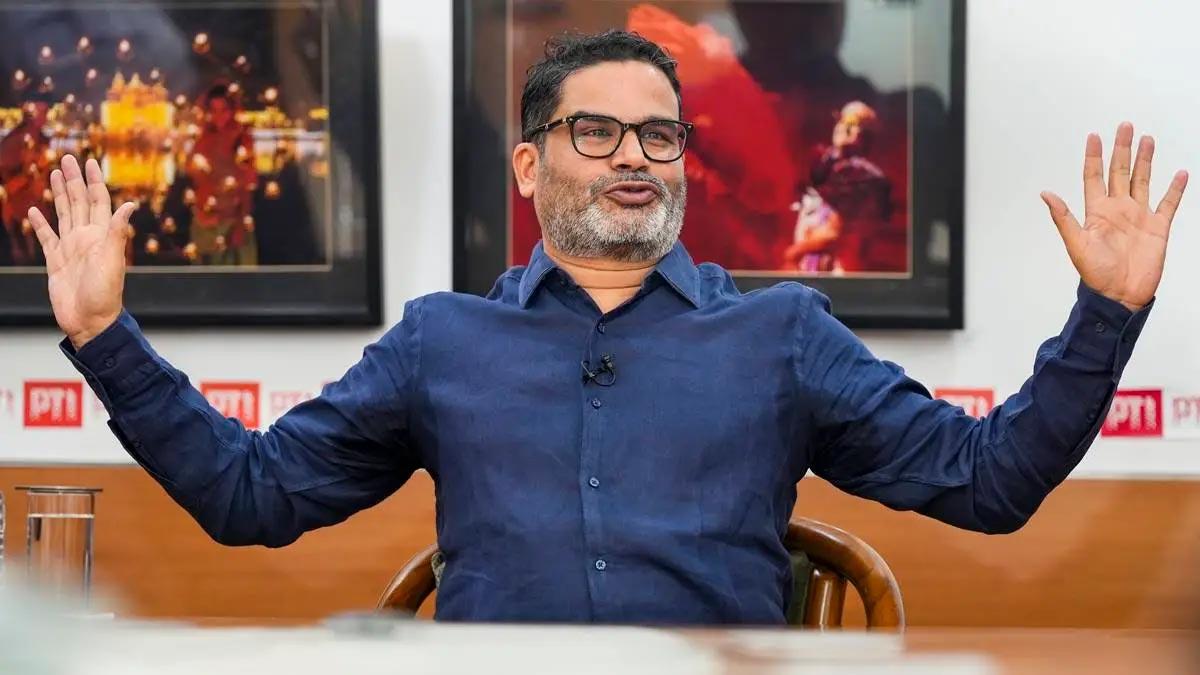External Affairs Minister S Jaishankar stated on Saturday that West Asian countries have experienced an extraordinary transformation in their relations with India since Prime Minister Narendra Modi took over in 2014. Speaking at Pune's Flame University, EAM Jaishankar spoke of proactive diplomacy that had given shape to ties with countries that were historically less involved with India.
An important example is the United Arab Emirates where, in 2015, PM Modi's visit marked the second instance of an Indian Prime Minister visiting the country after late PM Indira Gandhi. EAM Jaishankar pointed out before this, there was minimal effort to engage the UAE despite its proximity. He said that though history with their neighbors has been complicated, current events compelled them to relook their equations with New Delhi, particularly in the wake of a more assertive China.
" Countries are looking at optimizing their relationships," Jaishankar said, noticing that most of the neighbours have sought advantages through Beijing. He threw up the examples of India emerging as a competitive economic power and how it was going to be the third largest economy sooner than later. Addressing the Maldives, EAM Jaishankar said India has been important for the island nation to meet most of the requirements besides having special trade concessions to Maldives alone. He also enlightened on the successful Indian projects undertaken including the Jal Jeevan Mission that brings piped water and sanitation to many islands of Maldives.
The recent inaugurated water and sewerage projects on 26 islands is also a good example of India's serious efforts to strengthen its presence and influence in the region. He further added that the most pressing issue with China was disengagement and the second issue is de-escalation. If I roll that back a little bit, since 2020, the situation at the border has been very disturbed, which understandably has had a very negative impact on the overall relationship with China. Since September 2020, we have been negotiating with the Chinese on how to find a solution.
So there are many differing aspects to the solution, but the most salient one is disengagement, since these troops are very close to each other and the possibility of an incident is significant. So that is the first set of issues. "Then there is de-escalation. Then there is a larger issue of how you manage the border and how you negotiate the boundaries.".
Whatever is happening at the China border today is happening because of the first part which is disengagement. We were trying to negotiate patrolling issues at the India-China border," he added.
Read also| Samajwadi Party Threatens to Go Solo in Maharashtra Polls, Targets MVA
Read also| Congress Justifies Decision to Skip UP Bypolls, Supports SP

